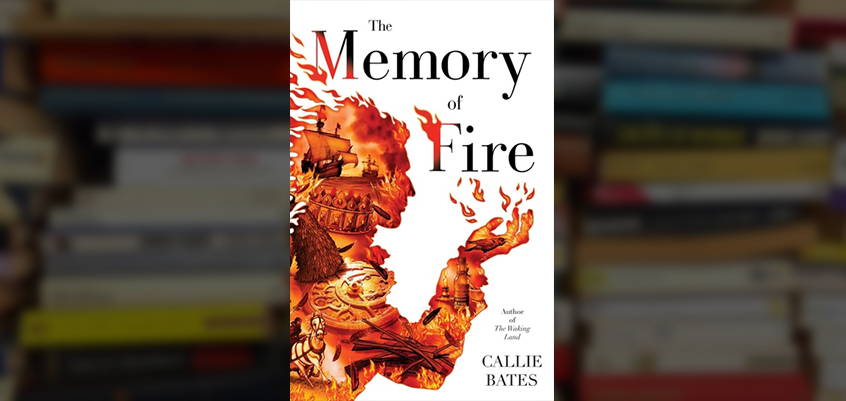★★☆☆☆
There is so much to unpack here.
Harper is your average, everyday high school girl who thinks she is a changeling troll child and has the basic maturity level of a 10-year-old. She is just living her strange life when she spots self-harm marks on her friend’s leg, which kick-starts the plot of this fantastically problematic book!
Things I learned about Harper, the main character of Down in the Belly of the Whale, within the first 10% of this book:
- She has said/thought enough problematic things that I have 24 highlighted sections in my Kindle already.
- She doesn’t think other human beings use words like “whom” or “perpetuating” and thinks that using words like these makes her weird.
- She uses “obsessive-compulsive” incorrectly to describe her tendencies to ‘rehearse’ conversations — like most people do. At most, this is anxiety, not OCD.
- She is literally a walking high school girl stereotype — whines about her hair, whines about math class, doesn’t like attention, describes PE as “the definition of shame and sorrow.”
- Pretty sure she is store brand Mia Thermopolis, but that’s neither here nor there.
- She makes up inane names for people like “Ms. HAG-lione.”
- When she found out her best friend was self-harming, her first response was to say things like “I can’t believe you would do something ludicrous like that,” “I thought you were smarter than that,” and “are you crazy?”
- I don’t know what else to even say, because after the part where she actually asks a depressed person if they’re crazy, I rage-quit.
But wait, there’s more!
- Harper has a gay uncle who is literally written as the most flat, stereotypical LGBT character ever — he dances and sings in the kitchen, he’s always cheerful, he loves the BBC and musicals. Not to mention the author thought it was cool to write the following sentence: “Uncle Pasta and I are not genetically linked in the matter of sexual orientation. At least, I don’t think we are.” Is this supposed to be a joke? Because implying that homosexuality is genetically transferable is… irresponsible.
- All of her high school teachers are similarly walking stereotypes. A cool female English teacher who wears overalls, tennis shoes, and no makeup; a weirdly intense PE teacher who wears extremely unfashionable clothes “out of 1972” and screams things like “Today we test your mettle!”; and a drama teacher who wears floral “broomstick skirts” and Birkenstocks while traipsing around the classroom dramatically.
- Her father is also one of the most stereotypical characters ever. He comes home in a huge huff about work, and has his wife cook dinner because he “feels emasculated.” He complains about his boss having an affair, he stays huffy until his wife yells at him about appreciating the good things in life, and then he pretends his wife’s cooking is good with a “Sure, honey, it’s delicious.” Can’t get more bland than this, folks.
- This book feels like it was written by an older person who hasn’t been in high school in decades and thinks high schoolers are stupid and immature. It comes off as pandering and weird and problematic in a lot of ways, especially the ones involving Harper being ridiculously cavalier about OCD and then calling her friend (who needs help) crazy.
- It also perpetuates a whole lot of stereotypes, many of which are touched on above, but especially the “girls shouldn’t want to sound smart in front of others, especially boys” and “girls are bad at math” stereotypes.
Basically, a lot of this book is (for lack of a better word) icky, and I’m only 10% in. Once we got to the point where Harper implies that smart people don’t cut themselves (“I thought you were smarter than that,”) and calls her friend crazy, I was like, no thanks. I’m good without reading the rest of this.
I also saw reviews (which I looked up after deciding to stop reading) talking about poorly handled rape situations and badly researched scenes in mental health facilities, and that hit the last nail in the coffin of this book for me. I don’t need to subject myself to poorly handled rape scenes and I really don’t want to be subjected to this book anymore.
Overall, things to think about:
- OCD is a real, serious disorder that needs to stop being used as a synonym for “anxious” or “meticulous.”
- LGBT+ people are not stereotypes and deserve better.
- High schoolers are not dumb, and many use words like “whom” and “perpetuate” on the daily. Stop implying this is weird.
- High school girls are allowed to be good at math and good at PE/sports. Please stop.
- There are good ways to write a character who is ignorant — specifically, including something that implies they are wrong. Even if it;s written in first person, using lines like, “I can feel as it comes out of my mouth that it’s the wrong thing to say” etc can do the trick! Please stop writing ignorant, dangerous ideas like “gayness is genetic” or “people who are depressed are stupid/crazy” and then not providing any context, especially in books meant for teens.
- Just please stop writing the high school experience as one huge bubbling pot of stereotypes.
- Stop.
Okay, guys. I’m going to stop going on about this book now — but I’m giving it two stars instead of one since I never finished it. If you’d like to check it out, pick it up on Book Depository and let me know what you think!



